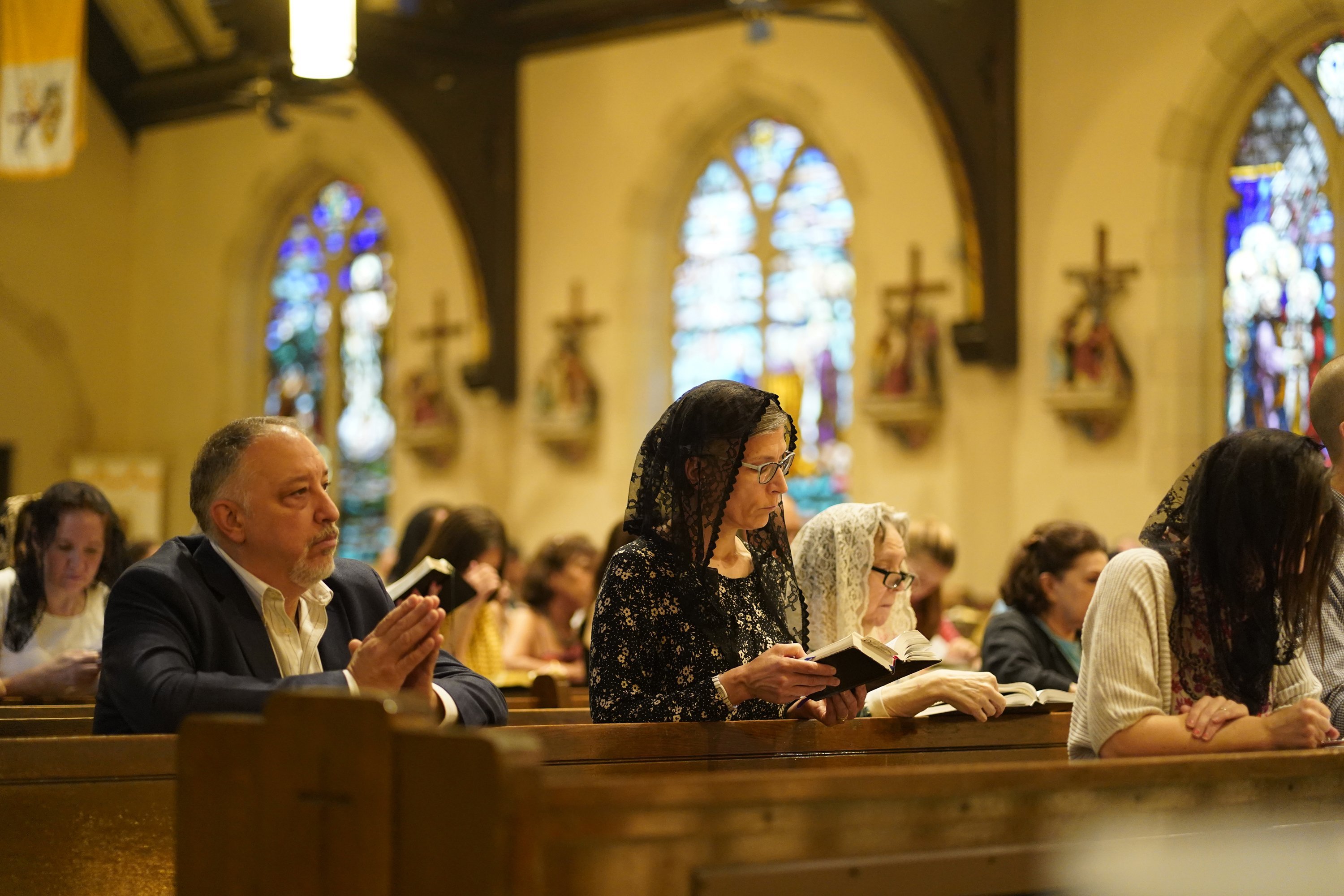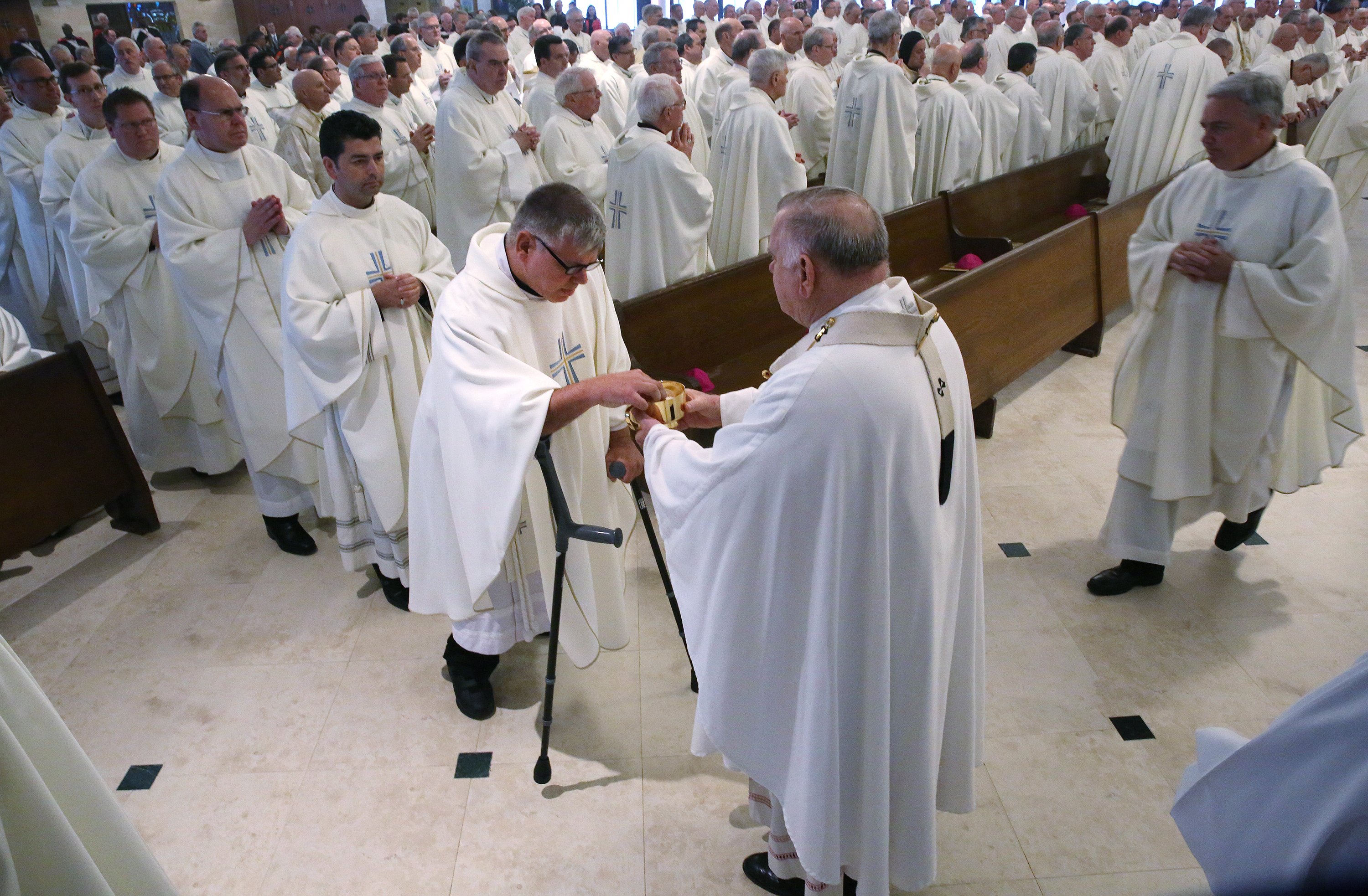Recent changes to the Church’s liturgy and efforts by some US bishops to bar those with liberal views on pro-life issues from receiving the Eucharist are part of a model of Church which is “all about trying to divide”, theologian Dr Gemma Simmonds has said.
Referring to the change in the liturgy which says the Eucharist is “for many” and not “for all”, Sr Gemma, who is Director of the Religious Life Institute at Cambridge, said it was “lamentable” and warned that if the bishops in America have their way, it may be that the Eucharist is not for that many either.
In her address, Unnecessary Exclusion from the Sacraments, to organisers of Root & Branch, the lay-led synod which is due to take place in September, the Congregation of Jesus sister said, “bishops may be leaders of the Church, but it’s not their Church. It belongs to God, if it belongs to anyone, and the entire people of God have a claim on the Church.”
Speaking about the sensus fidei discussed in the Second Vatican document Lumen Gentium, she noted that the German Jesuit theologian Karl Rahner argued that every person is the recipient of God’s self-communication.
According to Sr Simmonds, a Church where the teaching element is developing its teaching around the lived experience of those who are taught can hope to have “a fruitful dialogue between doctrine and experience”. However, where that dialogue or mutual respect is not present, “then we are seriously in trouble”.
Stressing that the Church isn’t made up of lone rangers but is the community of the faithful, she noted that the International Theological Commission’s 2014 document had said the faithful have an instinct for the truth of the Gospel, which enables them to recognise and endorse authentic Christian doctrine and practice, and to reject what’s false.
“I think we are being called at this time to pay much more attention to the assistance that the Holy Spirit gives to the whole people of God, rather than just one section of it – the bishops. The whole doctrine of the sensus fidei challenges this division between the teaching and the taught, because it recognises that the community of believers are not passive recipients but are graced by God. They have distinctive gifts to contribute to the Church.”
Thus the teaching office of the Church - the bishops - need to listen to the experience of the faithful in order to faithfully and authentically carry out their tasks, she said.



 Loading ...
Loading ...